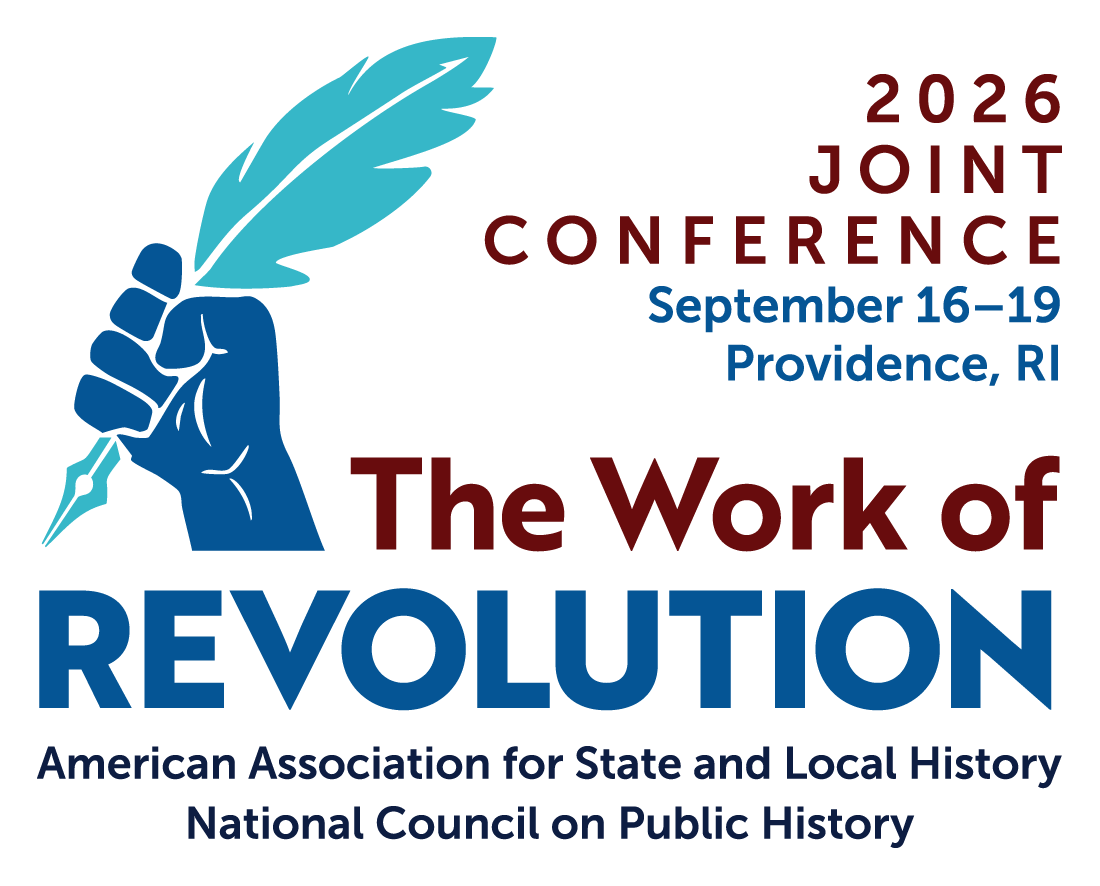Call for Proposals on “The Work of Revolution”
The National Council on Public History and the American Association for State and Local History will hold a joint conference in Providence, Rhode Island, on 16–19 Sept 2026.
The theme will be “The Work of Revolution,” and here is the call for papers:
The theme will be “The Work of Revolution,” and here is the call for papers:
Revolution is at the center of every remarkable societal change. Through formal politics, grassroots organizing, boycott, protest, litigation, war, and a wide range of other mass and individual actions, behind every revolutionary moment are the people working to bring revolutionary ideas into reality.The conference organizers welcome proposals for sessions, workshops, and working groups. The deadline is 1 December of this year, and proposals should be submitted through this webpage.
In the face of rapid cultural, social, political, and technological change, history’s importance as a guide for our future has become clearer than ever. Documenting during crises, archiving our collective past, supporting researchers and revolutionaries alike, public historians are part of the landscape of revolution. We bring history to the public because it matters.
The ongoing work of revolution is front and center in Rhode Island’s story, past and present. Rhode Islanders have always prided themselves on their independent spirit. To wit, 125 years after the Declaration of Independence, state leaders placed a statue called The Independent Man atop the grandest state house in the nation. Scholars, public historians, educators, and avocational historians interpret Rhode Island’s revolutionary roots and legacies as embedded in self-determination and self-rule, traits with often contradictory legacies and implications. On these lands of early contact and conflict, interpretive sites and educational institutions share the stories of vibrant Indigenous communities, African heritage legacies, as well as histories of immigration, industrialization, political tumult, and religious freedom.
As we close out the US Semiquincentennial year in this historically significant city, we are called to a moment of reflection on the work of revolutions past and the work that lies ahead. AASLH and NCPH members come together at this moment to take stock of our field and ask each other important questions. How do the events of the past 50 years shape how we do the work of public history in the next 50 years? How do we effectively respond to the challenges of our world while strengthening the field? What work will drive our revolutions? What revolutionary work needs to be done to forge the future of the field? And how do we as history practitioners continue to create fulfilling careers in the ever-evolving landscape of our field?


No comments:
Post a Comment